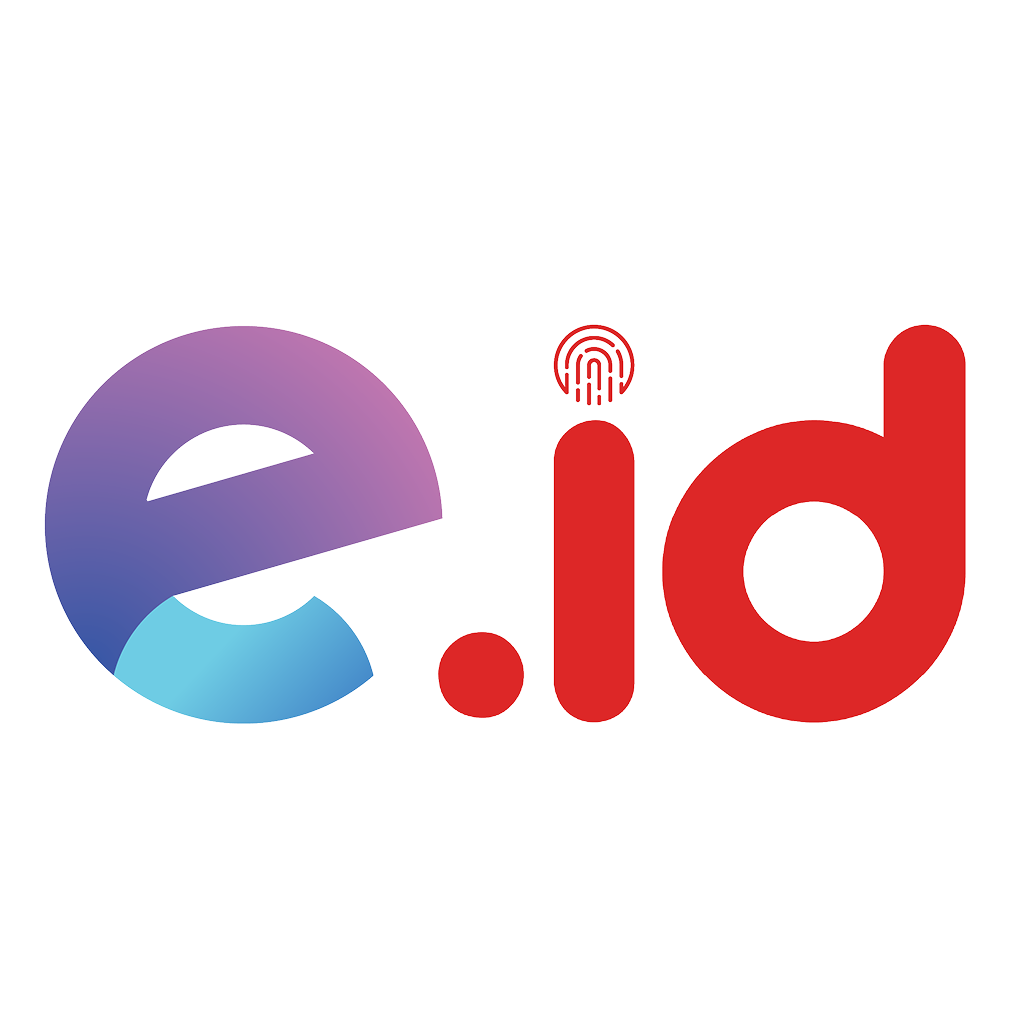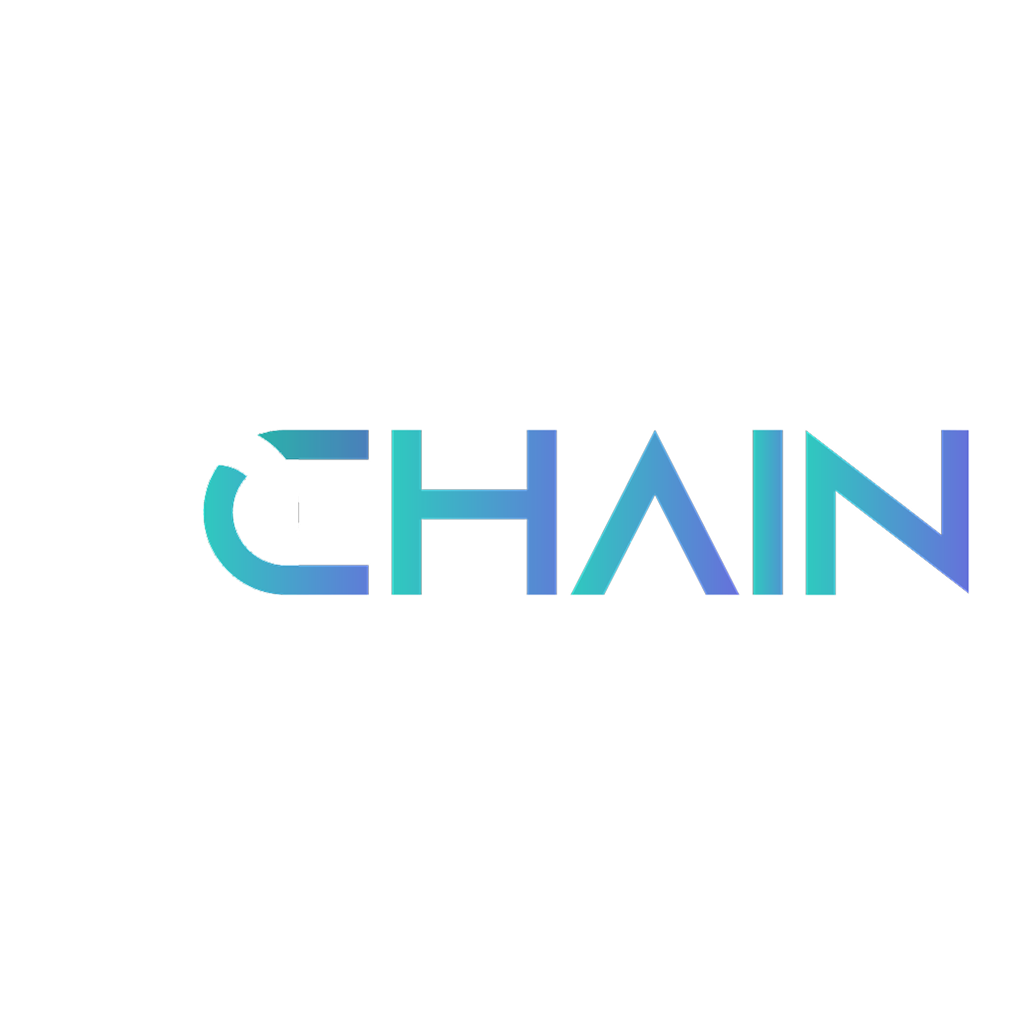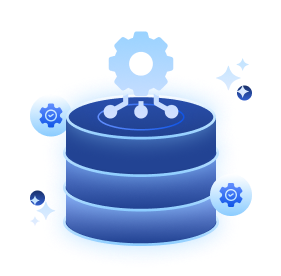Cyber Privacy
Fundamental pillars in the Cyber Trust Maturity
Framework (CTMF) that focus on data, data
structure, and ownership,
Overview
Cyber Privacy is a fundamental pillar in the Cyber Trust Maturity Framework (CTMF) that focuses on data, data structure, and ownership, as well as mechanisms for accessing and managing user rights over their data. This pillar emphasizes that in the modern digital ecosystem, trust cannot be built solely on technical security, but must be based on the ability to comprehensively control, verify, and protect data.
In an era of trustless by design, Cyber Privacy ensures that all data collected, accessed, or shared is done with explicit consent and full transparency. Privacy is not just a matter of regulatory compliance, but about giving individuals and organizations full control over the information they possess. With the foundation of Cyber Privacy, the risks of data leaks, misuse, and manipulation can be minimized systematically.
Cyber Privacy is also key to building a fair and trustworthy digital ecosystem, where data is treated as a valuable asset whose integrity must be maintained. This pillar connects technology (such as decentralized identifiers and verifiable credentials), governance, and regulation within a measurable framework to build public trust and protect digital rights.
Our Products That Support These Pillars



Key Component
Identify
Digital identity is a unique representation of an individual or entity in the digital ecosystem. This component ensures that identities can be verified, are not easily falsified, and protect the privacy of their owners.
Access Management
Control who can access data, when, and under what conditions. The access system must be based on the principle of least privilege and be able to track every user activity.
Data Ownership
The principle that data owners have full rights over their data, including the right to know, control, and revoke the use of their data at any time.
Distribution Control
Regulate how data is shared and with whom. Every data distribution must be protected with encryption mechanisms and clear digital traces. Data owners have the right to transfer their data from one service to another easily and securely, and ensure that the data is interoperable between platforms.
Consent & Transparency Management
Every use of data must be based on explicit permission that is dynamic—it can be restricted, updated, or revoked at any time—with full transparency regarding the purpose and duration of its use.
Data Classification & Minimization
Categorizing data based on its sensitivity level, and ensuring that only data that is truly necessary is collected and processed
Encryption & Data Protection
Protecting data with cryptographic technology, both when stored and when transmitted, to prevent unauthorized access and leaks.
Monitoring & Logging
Providing an audit trail that records all access and activities related to data, as a basis for investigation, audit, and proof of integrity.
Data Lifecycle Management
Manage data from collection, storage, use, to deletion in accordance with applicable privacy policies.
Privacy Incident Response & Breach Management
Data owners must respond to privacy incidents or data breaches, including notification, mitigation, and recovery procedures.
Third-Party Risk & Data Sharing Governance
Mengawasi akses data oleh pihak ketiga, memastikan mereka mematuhi kebijakan privasi, serta memiliki standar keamanan yang sepadan dengan organisasi utama
Cyber Privacy Trustless Roadmap

Cyber Privacy Implementation Program
The Cyber Privacy Implementation Program (CPIP) is designed to help organizations understand their maturity position in the Cyber Privacy pillar, design improvement strategies, and implement sustainable solutions. This program takes the form of a recurring cycle to ensure that digital privacy continues to evolve in line with new challenges.
Assessment – Determining the Starting Position
- Privacy Maturity Assessment: Assesses the organization's position on the Trustless Maturity Matrix specifically for the Cyber Privacy pillar (Blind Trust, Surface Control, Verifiable Digital, or Trustless by Design).
- Gap Analysis & Risk Mapping: Identifies deficiencies in privacy policies, identity management, and access controls.
- Privacy Posture Report: Evaluation report with priority recommendations for improvement.
Consulting – Designing a Cyber Privacy Blueprint
- Privacy Blueprint Design: Designing a roadmap towards trustless privacy based on the principles of privacy by design and privacy by default.
- Dynamic Consent Planning: Helping organizations design dynamic consent mechanisms that can be limited in duration, updated, or revoked at any time.
- Policy & Governance Advisory: Formulating policies and governance in accordance with the Personal Data Protection Law, GDPR, and global best practices.
- Training & Awareness: Training for internal teams on data management, data lifecycle, and data owner rights.
Deployment – Technology Solution Implementation
- IDCHAIN Deployment: Activating DID and UID-based identity infrastructure.
- EID Integration: Platform for managing digital identities and e.id domains.
- TraceTrust Integration: Blockchain-based audit trail for consent and data distribution.
- MAC Fabric: Modular backend for encryption, secure data distribution, and access verification.
- API & Tools: API integration for identity verification, consent management, and privacy logging.
Re-Assessment – Evaluation and Continuous Improvement
- Maturity Progress Check: Evaluate implementation results and measure level increases in the Trustless Matrix.
- Privacy Enhancement Roadmap: Provide follow-up recommendations for continuous improvement.
- Cycle Iteration: Restart the process to adapt to technological developments, regulations, and business needs.
Reference
ISO/IEC 27001 – Information Security Management Systems.
ISO/IEC 27701 – Privacy Information Management, sebagai ekstensi ISO 27001 untuk mengelola data pribadi.
ISO/IEC 29100 – Privacy Framework (guideline manajemen privasi global).
ISO/IEC 27017 & 27018 – Cloud Security dan proteksi data pribadi di lingkungan cloud.
NIST Privacy Framework (v1.1) – Kerangka kerja privasi untuk manajemen risiko terkait data pribadi.
NIST Cybersecurity Framework (CSF) 2.0 – Fokus pada perlindungan data kritikal dalam konteks privasi.
GDPR (General Data Protection Regulation – EU) – Regulasi data pribadi di Uni Eropa.
OECD Guidelines on the Protection of Privacy and Transborder Flows of Personal Data.
UU No. 27 Tahun 2022 tentang Perlindungan Data Pribadi (UU PDP).
See Other Pillars of Cyber Trust

Cyber Integrity
Guaranteeing the authenticity and immutability of data and decisions through verifiable audit trails

Cyber Resilience
Building systems that can withstand and recover from attacks without compromising core functionality

Cyber Awareness
Transforming your biggest vulnerability—human ignorance—into your strongest defense
